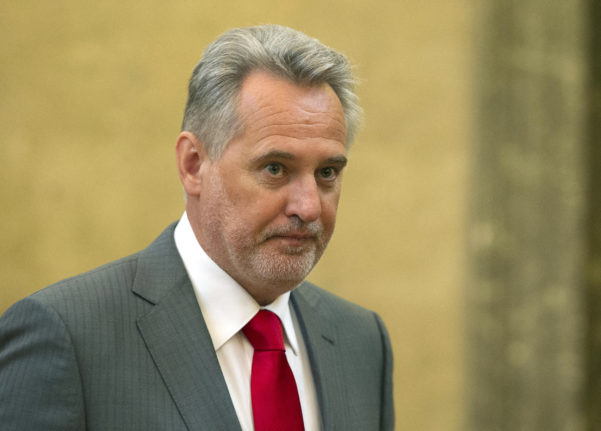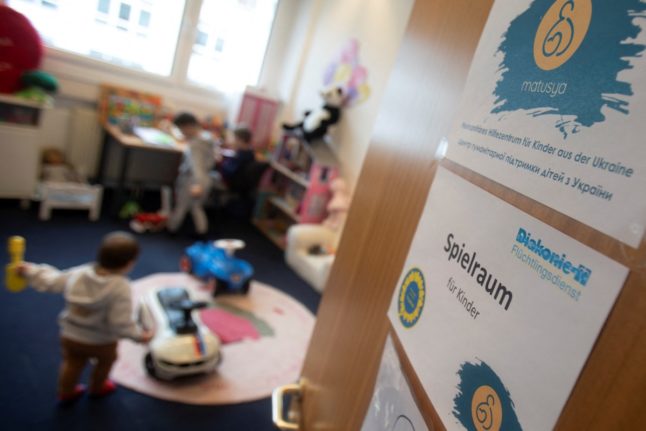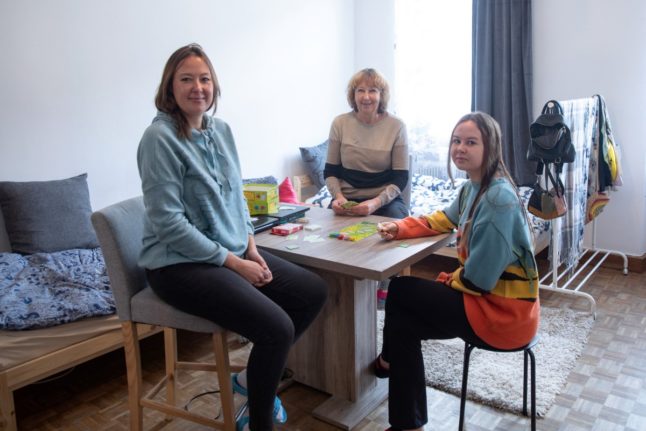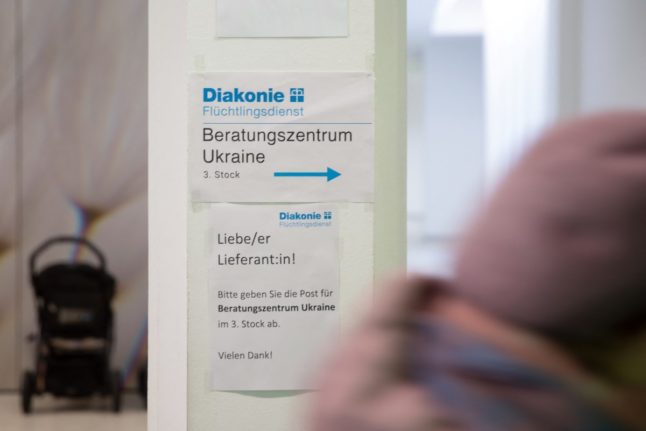“This war is completely pointless and cannot be justified in any way, it only brings suffering and misery on all sides. This humanitarian tragedy is intolerable,” the 57-year-old said in a statement on his company’s website.
A one-time ally of ousted pro-Russian Ukrainian president Viktor Yanukovych, Firtash, who is currently in Austria and fighting extradition to the US on bribery accusations, has a controversial history.
Providing refuge
In June 2021, Ukraine President Volodymyr Zelensky signed a decree imposing sanctions on Firtash, including the freezing of his assets and withdrawal of licences from his companies, after accusing him of selling titanium products to Russian military companies.
But now some 800 civilians, including 200 factory workers, have taken refuge in the bunkers of the Azot chemical plant, owned by Firtash’s Group DF, in Ukraine’s strategic eastern city of Severodonetsk, the tycoon’s lawyer Lanny Davis said this week.
Russian troops have been pushing for control of the key city over the past weeks as part of their effort to conquer eastern Ukraine.
Russian President Vladimir Putin “is never going to come out victorious… No matter what happens, Russia will lose,” Firtash said in an NBC News interview in April.
Since Russia invaded Ukraine in February, Firtash’s Inter has also joined the pool of several main Ukrainian news channels, which broadcast news 24/7 and fully reflect the official position of the Ukrainian authorities.
Before the invasion, Inter, one of the largest Ukrainian national TV channels, was considered pro-Russian.
Firtash insists he has always been pro-Ukrainian, telling NBC that he was “never pro-Russian”.
“But you have to understand that I am a businessman. And my goal is to earn money. That’s my job,” he said in the interview.
Wanted by the US
Firtash is also wanted on bribery and racketeering charges in the United States. In the case, Indian officials allegedly received $18.5 million in bribes to secure titanium mining licences in 2006.
The United States argues it has jurisdiction because the conspiracy involved using US financial institutions, travel to and from the US, and use of US-based communications — computers, telephones, and the internet.
Firtash, who denies the charges and says he is the victim of a smear campaign, was detained in Austria in March 2014. He had to pay bail of 125 million euros ($130 million) — reportedly a record high for Austria — and has since not been able to leave the country.
READ ALSO: Ukrainian billionaire Firtash wants to end exile in Austria
Austria’s supreme court ruled in 2019 that he could be extradited. But Firtash is still fighting the extradition and can remain in Austria while court proceedings continue.
In an interview with CNN in May, Firtash said he had requested prosecutors to be allowed to return to Ukraine while the war is going on — but his request was denied.
He has also been accused of being involved in alleged efforts by Rudy Giuliani, former New York mayor and a personal lawyer of former US president Donald Trump, to dig up dirt on Joe Biden before he became president, but Firtash denies ever having met with Giuliani.
Born in a village in western Ukraine, Firtash’s father was a diver and his mother an accountant, and for additional income the family grew tomatoes. Firtash began his business career by organising commodity trading in Ukraine and Russia.
READ ALSO: Austrian ex-minister who danced with Putin quits Russian oil company Rosneft
In 1993, he established business ties in Central Asia and organised the supply of consumer goods in exchange for natural gas.
In 2004, he set up a joint venture with Russia’s Gazprom to supply natural gas from Central Asia to Ukraine and other European countries.
Three years later, Firtash set up Group DF, growing it into a business empire, employing some 100,000 people.
The group is involved in energy, chemicals, media, banking and property in Ukraine and other countries.





 Please whitelist us to continue reading.
Please whitelist us to continue reading.
Member comments